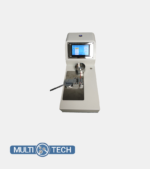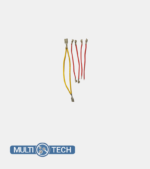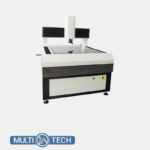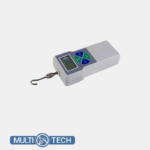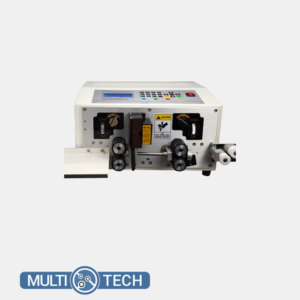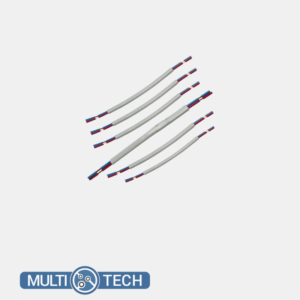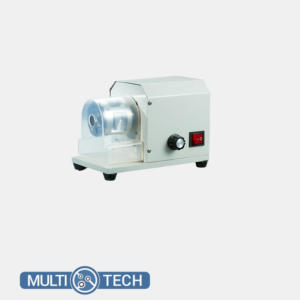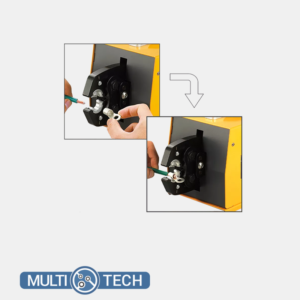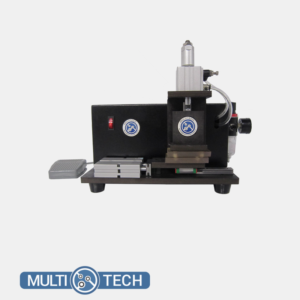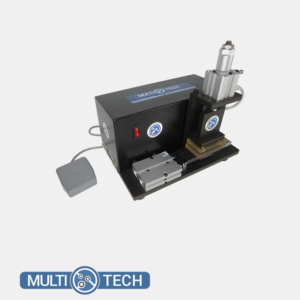Description
Horizontal tensile tester MT-Q50, MT-Q100 will be your biggest helper in your work with its touch LCD screen, recording test results and many other features. The horizontal tensile tester MT-Q50, MT-Q100 designed in accordance with the standards, offers the horizontal tensile force test in the settings you want.
| Model |
MT-Q50 |
MT-Q100 |
| Test Range |
≤500N / 50 kg |
≤1000N / 100 kg |
| Tolerance |
±0.04 N |
±0.04 N |
| Test Speed |
Adjustable |
Adjustable |
| Power Supply |
AC220V |
AC220V |
| Weight |
10 kg |
10 kg |
| Dimensions |
430*180*210 mm |
430*180*210 mm |



